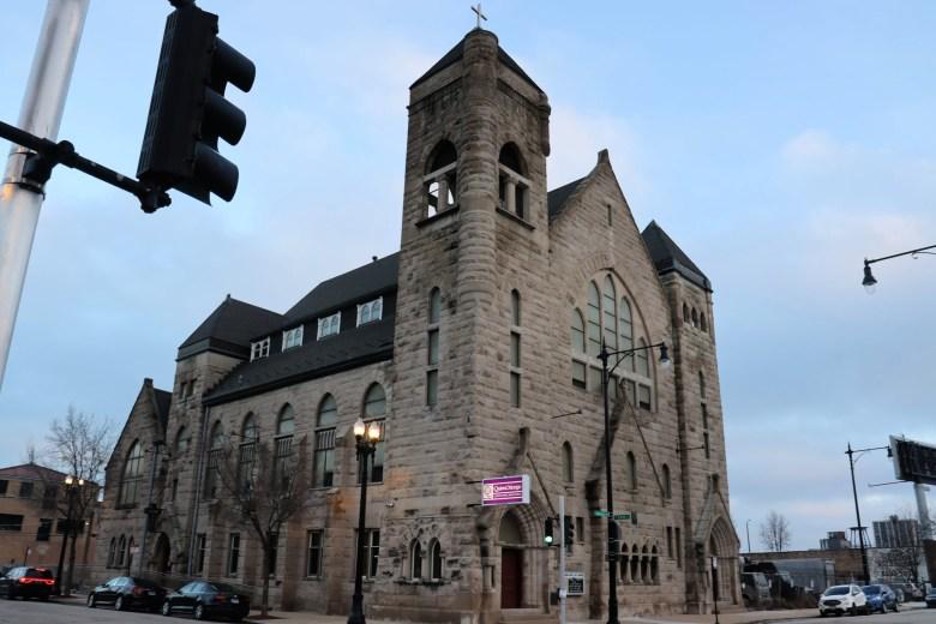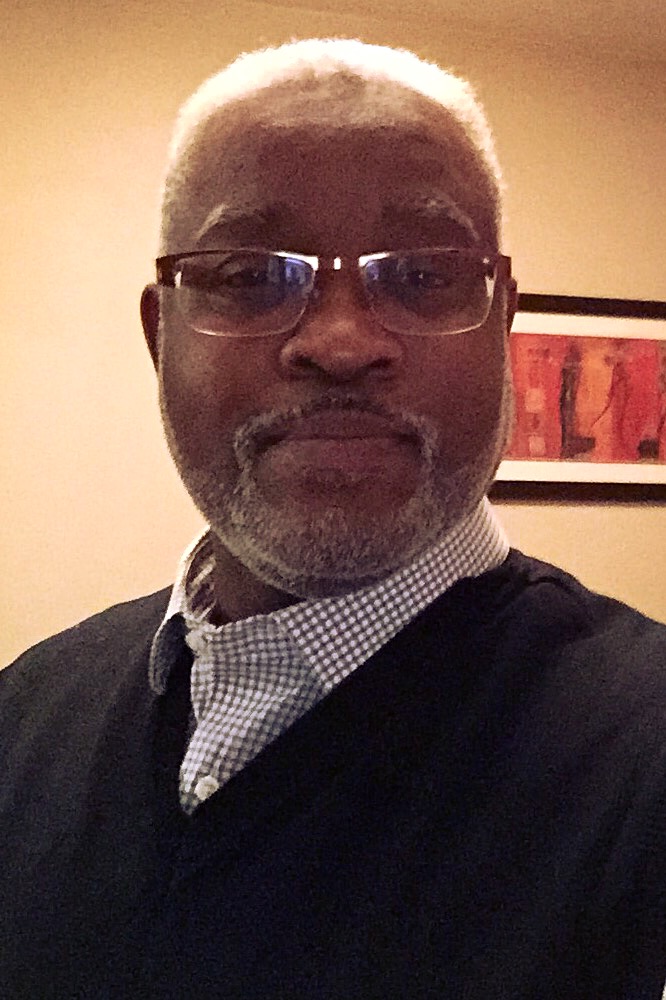Reverend James A. Keeton, Jr.
Are We Moving in a Faithful Direction?
Reverend James A. Keeton, Jr.
Undoubtedly, one of the most interesting occurrences of the 51st quadrennial session of the General Conference of the AME Church was the passing of a resolution to establish a committee to discern sexual ethics related to LGBTQ+ matters. This resolution passed only one day after the General Conference voted down a bill, that among other things, would have permitted ordained clergy to perform marriages for people of the same gender. Religious news outlets and social media were filled with the news that the oldest black denomination in the country passed a resolution regarding discerning human sexuality. For the past four months, I have been reflecting on this resolution. Three components are increasingly concerning.
The first concern is that the committee will “identify, study, and explain” all biblical texts and “relevant” AME doctrine and traditions of biblical interpretation relating to sexual orientation and gender identities. When we examine passages in both the Old Testament and New Testament, there is no biblical support for same-gender marriages, different sexual orientations, or different gender identities. From the teachings of the Torah to the writings of the Old Testament to the passages in the New Testament, there is a coherent message that anything outside of heterosexual relationships is not supported by scripture.
As a pastor in the AME Church, I cannot understand why a committee needs to be established to study and explain biblical texts that are clear and consistent in their message. Black people are better able than most to understand what happens when scripture is manipulated and misinterpreted to say what people want them to say. The misinterpretation of scripture enabled chattel slavery, the oppressive laws of Jim Crow, and continues to contribute to a highly racialized society.
The second concern is related to the intention of the testimonials of LGBTQ+ brothers and sisters of African descent that will allow them to share their perspectives on the “position of the church.” The concern here is not the testimonials but the purpose behind them. While I agree that open communication can strengthen relationships between brothers and sisters in Christ, the wording of the resolution suggests that the goal of the testimonials is to change the church’s position on human sexuality. The position of the AME Church on this matter is consistent with the teachings of scripture.
As a result, it is concerning that this committee will try to use the discomfort of LGBTQ+ brothers and sisters to move the church away from a biblically-based doctrine. The Christian church is only faithful when it is committed to the word of God. We must remember that all of us are sinners, and therefore, some aspects of the gospel will make ALL of us uncomfortable. Regardless of the sins that cause us to struggle, we all need God’s mercy and grace. God’s word is designed to transform us to become the people that God calls us to be. Consequently, church doctrine must be based on the teachings of scripture and not the things that make us comfortable.
The third concern is regarding the church relegating human sexuality as a social justice issue. As African Methodists, we readily embrace our heritage as a “liberating and reconciling” church. However, do we have the right as the church of God to advocate for issues in the name of social justice contrary to the teachings of scripture? In other words, as a church that celebrates a legacy of reconciliation and liberation, how formative is scripture in our advocacy for social justice? As the Body of Jesus Christ, the church does not have the luxury or liberty to embrace or encourage anything contrary to the word of God. It is scripture that gives us our foundation to pursue social justice.
As we move forward, the question must be asked, how much authority does scripture have in the 21st century African Methodist Episcopal Church? Is it the foundation on which we stand, or is it simply suggestive literature that we have the liberty to pick up and put down when it is convenient? If we are going to reach our full God-given potential, the word of God is the only way that we can move forward.





